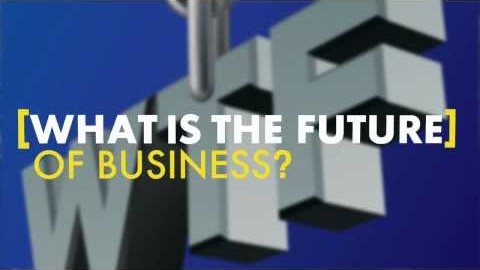Improve your job interviewing confidence and avoid costly interview mistakes
Month: May 2013
What’s the Future of Business?
New media expert Brian Solis talks about the future of business, the next generation, and the importance of creating experiences.
The Restorative Power of Music
This is one of my favorite videos showing the mysterious power of music. What would happen if we filled our hospitals, our nursing homes, our schools, our lives with more of our favorite sounds? And, in our education system, do we really know the impact of the arts?
An Exciting Leadership Challenge
Personal news announcing my new position. What do you look for in a new role?
Working for Good
Do you want to make a difference while making a living? Author Jeff Klein talks about the benefits of Working for Good. Conscious capitalism & business today.





